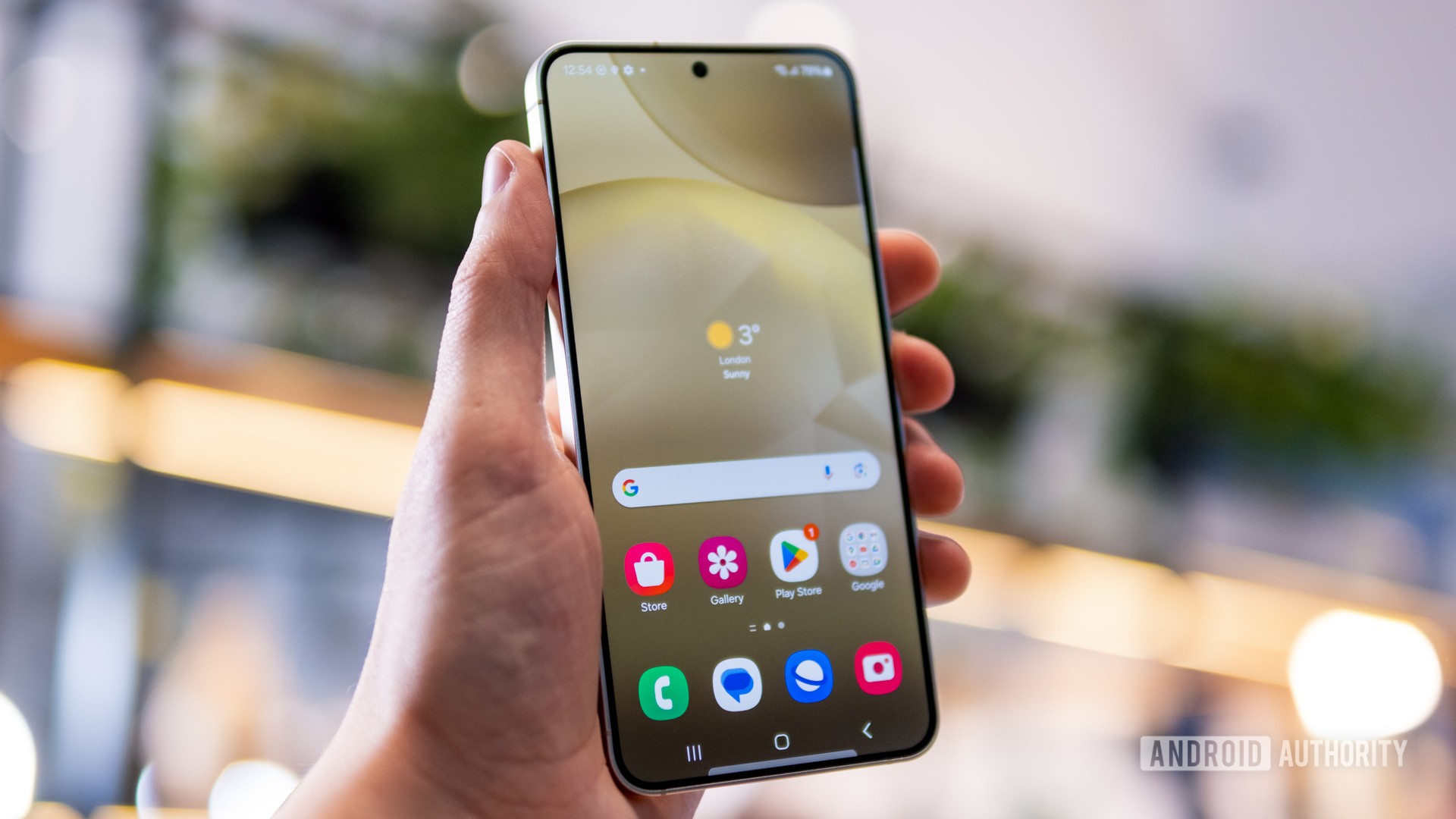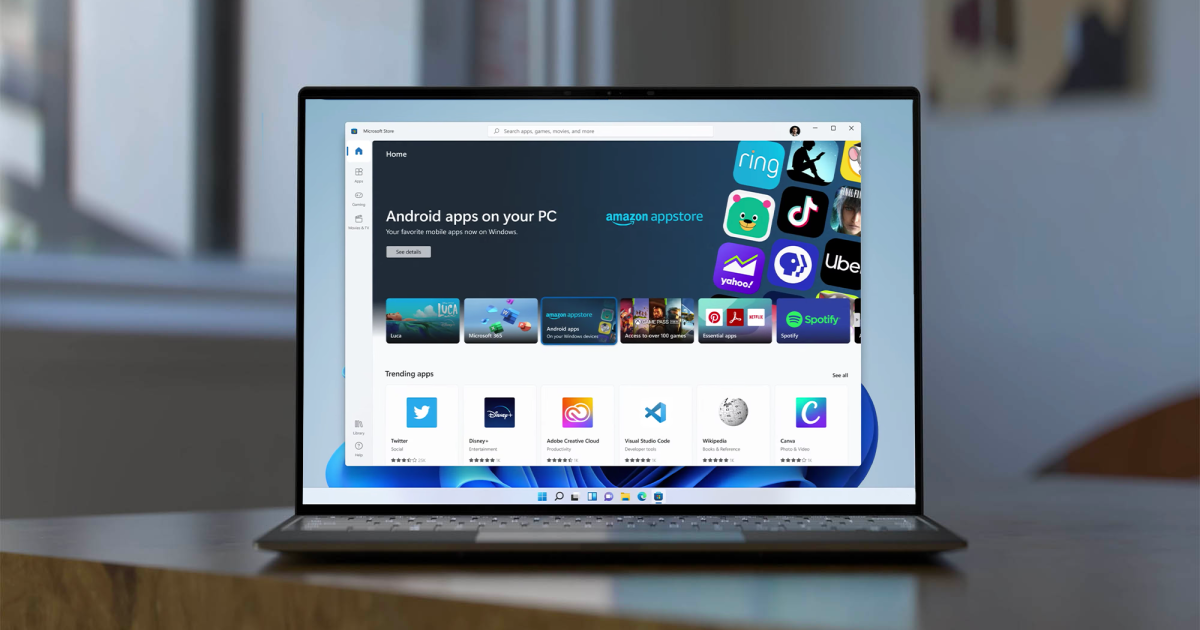We know that in the 15 years since the iPhone went on sale, technology has seeped into every crevice of our lives. Tech has reshaped politics, industries, leisure time, culture and people’s relationships to one another — for better and for worse.
The march of technology has also come with this puzzling reality: Hardly any technologies of the iPhone era have been an unqualified success.
I would argue that just one smartphone-age consumer internet company has emerged as a no-doubt winner in popularity and financial vitality: Meta, with its Facebook and Instagram apps.
(The company was founded in 2004, but I’m classifying it as iPhone age because Facebook really took off when smartphones did.)
Every other consumer internet company of the iPhone epoch gets an incomplete grade because of relatively small numbers of users, questionable finances, uncertain growth prospects, the risk of dying or all of the above. And even Meta is worried that it might not stay healthy, as my colleague Mike Isaac wrote on Tuesday. Also, uh, Meta has contributed to some serious problems in our world.
I know this sounds ridiculous. In the past 15 years tech won everything. How can there be so few tech companies that we can be relatively confident will stick around to middle age?
I’m going to spend the rest of this newsletter making my case. Feel free to agree with me or shout (respectfully!) at [email protected].
First, I’m making a big leap to exclude from my assessment Google web search, e-commerce sites like Amazon and Alibaba, and Netflix streaming video. They are probably long-lasting tech winners, but they belong to the internet’s first generation. I’m also not counting technology used mostly by businesses. I’m looking only at consumer companies that were toddlers or weren’t born yet when smartphones first hit our pockets and whose popularity was then supercharged by those little supercomputers.
Beyond Meta, the hottest apps of the past 15 years have giant asterisks.
Billions of people use YouTube but it’s not a great business relative to its size and influence. It’s possible that YouTube wouldn’t exist today if Google hadn’t bought the video site in 2006, the year before the iPhone came out.
Twitter is influential, but it is not that widely used and is a chronic underachiever. Snapchat is a hotbed of creative online ideas and has been relentlessly copied by Meta and others. But it might not last, and it hasn’t proved that it’s a competent company. Uber and Spotify are two examples of good technologies that are bad businesses. They don’t generate profits consistently, and some astute tech watchers believe those business models simply won’t work.
Fads in e-commerce come and go. Ubiquitous apps in China such as WeChat and Meituan will probably never go global. TikTok — we’ll see if its popularity endures, if it can consistently make money and if worries about its Chinese ownership will haunt the app forever.
Will these iPhone-era stars even be around in 10 years, or will they go the way of Yahoo and Myspace? (For Gen Z readers, Yahoo and Myspace were popular websites not so long ago.)
That leaves us with Meta. Again, the company has problems, but it has so far adapted multiple times to people’s fast-changing online habits. The company is also very, very, very good at making money. So far.
You can’t be a winner without the ability to turn popularity into cash and keep people glued to an app as their tastes shift. Very few companies have been able to consistently do both in the past decade.
How did it happen that we have so much technology and so few winning tech companies?
It’s possible that the nature of innovation simply leaves behind a lot of roadkill. In prior epochs of technology, perhaps only one or a few lasting companies emerged. Microsoft and Apple were the big winners from the shift of computers into people’s homes. Google, Amazon and Netflix were stars from the first generation of the web. There were many other technologies and tech companies that have been forgotten along the way.
And if you look beyond the technologies that people use to those for businesses, the past 15 years have minted more winners. Cloud computing — a shorthand for digital tasks performed over the internet instead of on specialized computers owned by people or companies — remade internet services and corporate technology. Cloud computing made a lot of tech companies rich(er), too, including Amazon, Microsoft and Salesforce.
It’s possible that emerging inventions in artificial intelligence, driverless cars and technology that further blurs the lines between the virtual and real worlds may produce many flourishing tech companies. But that has not happened in the tech reality that exists today.
The internet and smartphones were world-changing revolutions. And the medium has been more enduring and powerful than any single part of it.
If you don’t already get this newsletter in your inbox, please sign up here.
Before we go …
-
Tech is still rich. There are also worry lines. Google and Microsoft reported slower revenue growth than the companies had in a bonkers 2021. But my colleagues reported that the companies were mostly confident that they could stay healthy as they face a dimming economic outlook and other problems.
Counterpoint: Shopify, which helps businesses set up online shops, said it overestimated how much people would stick with the e-commerce habits they learned during the pandemic. Its financial results disclosed Wednesday were awful, and Shopify said it would lay off 10 percent of its staff.
Read more from DealBook.
-
Tech is changing language even more quickly for ASL: My colleague Amanda Morris wrote about how video calling, smartphones and social media have helped accelerate changes in American Sign Language. The evolutions — including tighter signs that fit in a small smartphone screen — have sometimes created a rift between generations of Deaf culture, she wrote.
-
Goodbye to “oof”: That’s the sound when a character dies in the Roblox virtual world. But Roblox said on Tuesday that its signature sound was removed because of a “licensing issue,” the video game news site Kotaku reported. Roblox fans started an online campaign to bring back the “oof.”
Hugs to this
A food festival in Halifax, Nova Scotia, features a profoundly weird oyster mascot named Pearl. The mascot oyster shell costume has at least 13 eyes and dark red lips. I love it.
We want to hear from you. Tell us what you think of this newsletter and what else you’d like us to explore. You can reach us at [email protected].
If you don’t already get this newsletter in your inbox, please sign up here. You can also read past On Tech columns.









